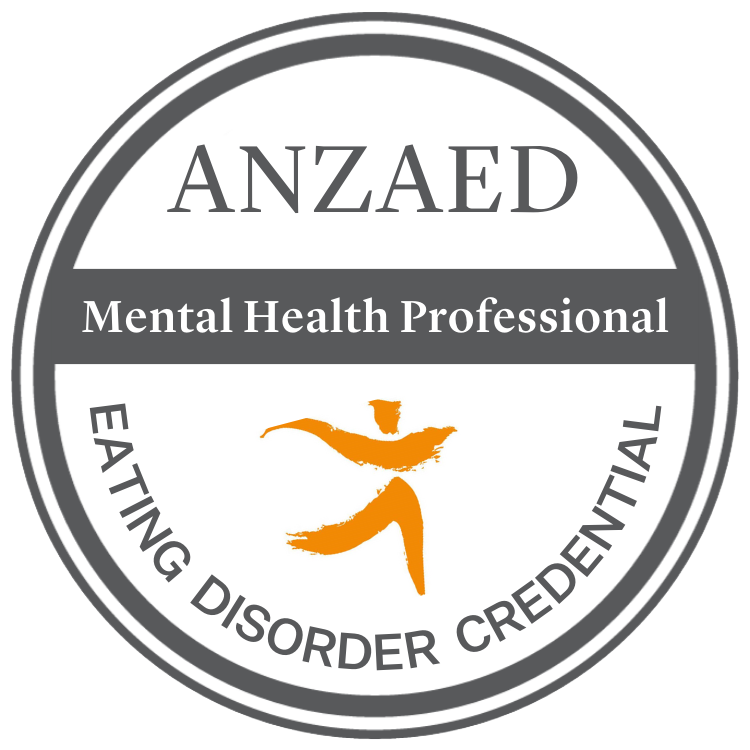Other Specified Eating or Feeding Disorders is a category in the Diagnostic and Statistical Manual of Mental Disorders (DSM-5) that includes eating or feeding-related issues that do not meet the specific criteria for anorexia nervosa, bulimia nervosa, or binge eating disorder. OSFED encompasses a range of eating behaviours and patterns, such as atypical anorexia nervosa, purging disorder, and night eating syndrome, allowing for the diagnosis of individuals experiencing significant eating-related challenges that do not fit into the standard classifications of other eating disorders.








